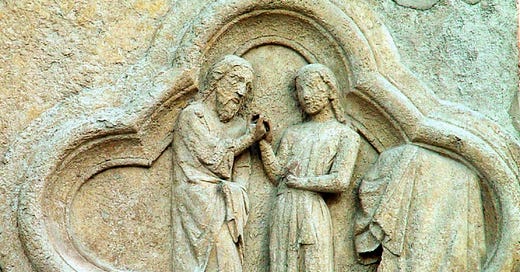One of my favorite ways of reading the Bible is to imagine myself within the narrative, to see the action or hear the words as if I were a particular individual in the story.
So when I saw that our Old Testament reading for this week came from the beginning of Hosea, I instinctively prepared to hear God’s word with the ears of the prophet who delivered i…
Keep reading with a 7-day free trial
Subscribe to The Pietist Schoolman to keep reading this post and get 7 days of free access to the full post archives.



